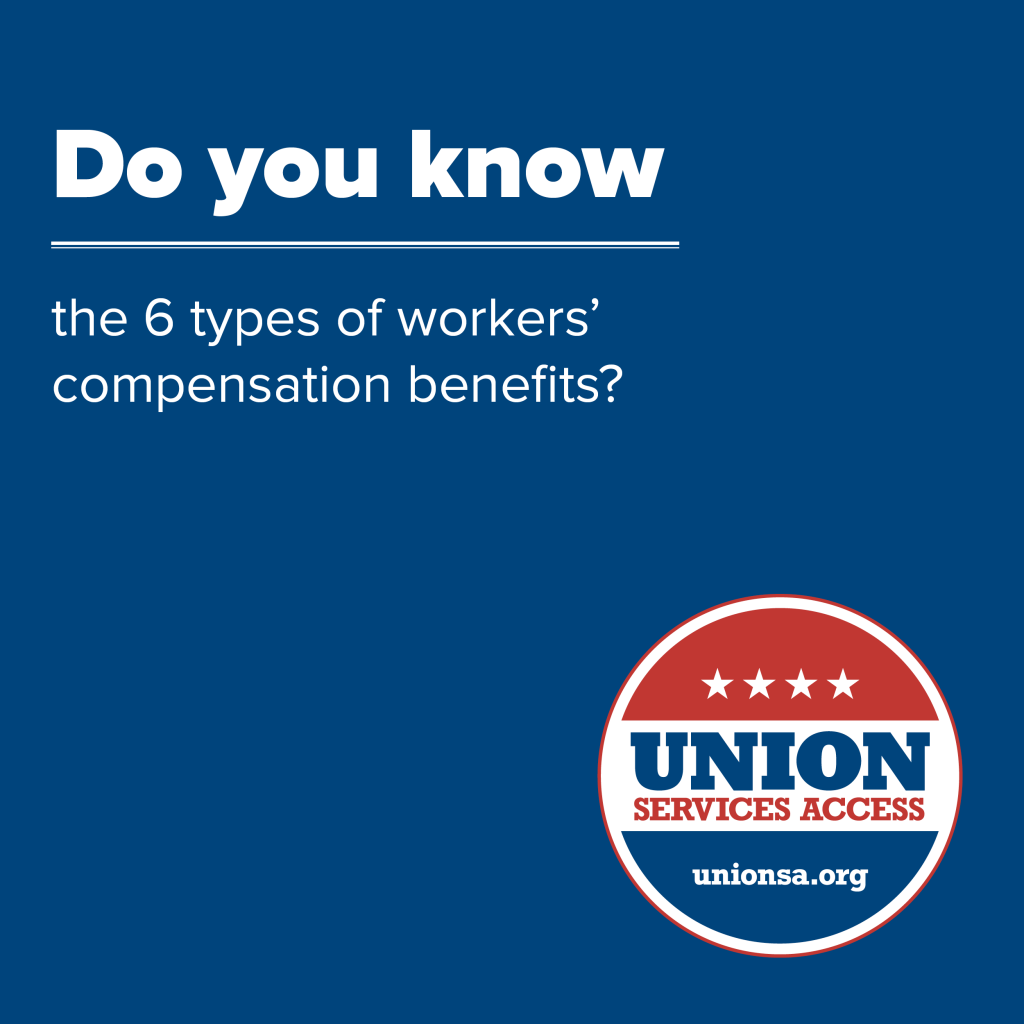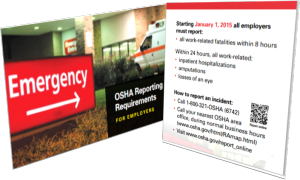
Most people understand that if they are injured on the job, they can receive workers’ compensation for their injuries. Workers’ compensation is not intended to replace all the wages lost during an injury, but to provide a percentage of your wages in a non-taxable form of either weekly or bi-weekly payments.
In Pennsylvania, these benefits can come in six different forms:
Temporary total disability (TTD) benefits – are payable as long as you are unable to work. After 104 weeks, you may be asked to have an Impairment Rating Evaluation (IRE) by the workers’ compensation insurance carrier. If after the examination, it is determined that you have less than a 50 percent whole body impairment, you will be considered partially disabled. This means that you are limited to collect your TTD benefits for a maximum of 500 weeks, but your rate remains the same.
Partial disability benefits – these are payable up to 500 weeks when your partial disability status is determined from an IRE or if an insurance carrier’s doctor feels that you are able to perform light-duty work. This means that you have the ability to earn some wages, but you have not completely recovered from your work injury.
If the new job pays less than the pre-injury job, you are entitled to be paid two-thirds of the difference between average weekly wage of your old job and your new job up to the maximum rate for the year of your injury.
Specific loss benefits – are payable if you suffer an amputation, loss of use of certain body parts, loss of hearing or vision, or any permanent or serious disfigurement of your face, neck or head. These benefits are equal to your TTD benefit rate for specific time and healing periods.
Medical expenses – these are payable by your employer for any reasonable, necessary and related medical care expense you incur for your work injury. They also include the cost of home or automobile renovations to accommodate your injury. There is no time limit or restrictions on the receipt of medical care for your injuries.
Travel expenses – are reimbursed to you if you are traveling outside your local community for treatment because it is not available in your community. The insurance carrier is required to provide transportation to and from an Independent Medical Examination if you cannot get there on your own.
Death benefits – are payable if the worker dies as a result of a job injury or illness within 300 weeks of the date of injury or exposure. These include $3000 in funeral expense reimbursement, benefits paid to the spouse until he/she remarries, and benefits paid to children under 18 (or 23 if they are enrolled as full-time students in an accredited school).
If you’ve been injured on the job, you may be entitled to some of these benefits. Call our expert workers’ compensation lawyers today at 877-918-6466, email info@unionsa.org. Let us help you get your life back.











